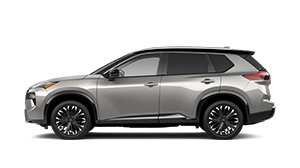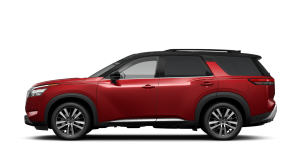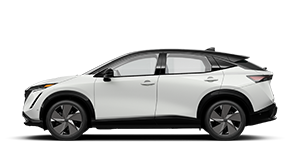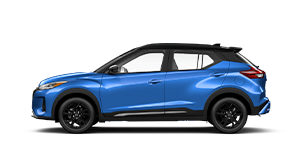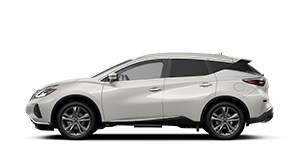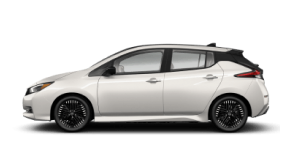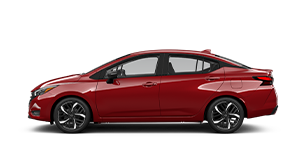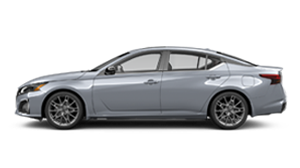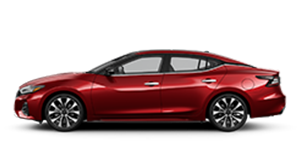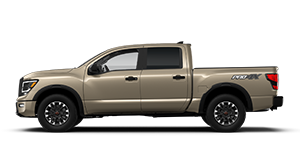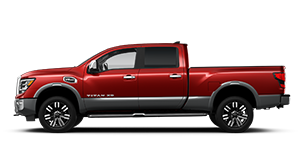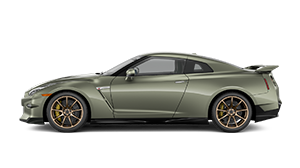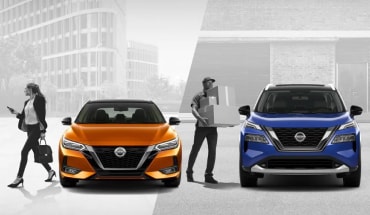Start your online purchase at participating Nissan dealers. Get a quote, book a test drive and even buy your Nissan from home. [[3355]]
A fleet is grouping of vehicles, often centered around a single discipline, that are owned and managed by a single business, non-profit, or government organization. By doing this, the fleet owner can standardize their vehicles and services across all employees, rather than reimbursing employees for the use of their own vehicle.
Picking the right vehicles for your large or small business can be crucial for success. At Nissan, we promise you the Nissan Business Advantage, in which we make sure to offer you upstanding assistance with your business vehicle from before the purchase or lease through to long after the sale. This includes individual vehicles, small fleets of 15 or less vehicles, or large fleets of 16 or more vehicles.

What is a fleet vehicle?
A fleet vehicle is a car, truck, or other automobile that is, or was, part of a group of vehicles owned by a business. All fleet vehicles are business vehicles, but not all business vehicles are fleet vehicles. And—here's where it gets even more complicated––a fleet vehicle can be a commercial vehicle, but a commercial vehicle doesn't have to be a fleet vehicle. Here is the breakdown:
Fleet Vehicle vs. Commercial Vehicle vs. Business Vehicle: The Differences
Fleet Vehicle
- Managed and Owned or Leased for business
- Operated by employees for work
- Can be any body style
- Can be used for tax purposes by the company in ownership [[106]]
Commercial Vehicle
- Large vehicles, often heavy duty trucks
- Used for the transport of larger groups of passengers or goods
- Can be part of a fleet
Business Vehicle
- Owned by an individual, but used for business
- Can be used for personal use as well
- Tax deduction is dependent on several usage, ownership, and vehicle specification details [[106]]
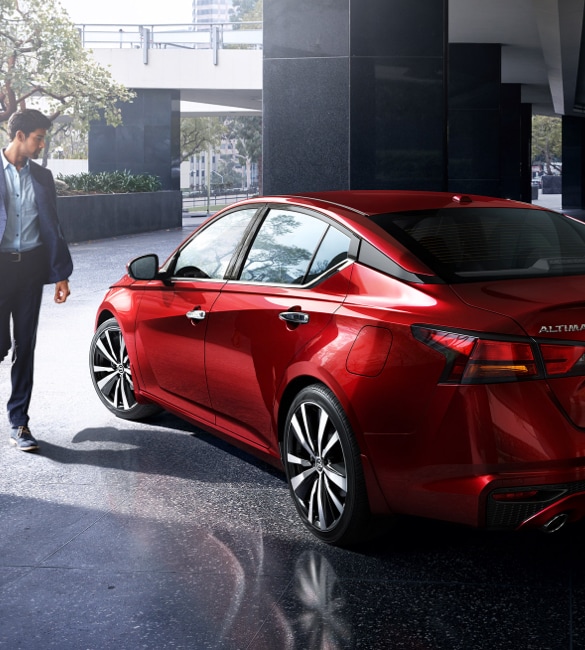
Nissan Business Advantage
Considering the benefits of fleet programs is important, and the Nissan Business Advantage makes that easy for businesses small and large. Explore what Nissan Business & Fleet has to offer in roadside assistance, priority maintenance, financing options, and much more to make our workforce work for you.

What is a commercial fleet?

Are vehicle fleets for small businesses too?
Buying a new fleet vehicle
How to buy your fleet:
Step one: Evaluate your vehicle needs and your budget.
Step two: Decide on your set of vehicles and any upfitting that they might require.
Step three: Choose between purchasing your fleet outright or leasing.
Step four: Work with a fleet sales manager or dealer to suit the entire process to you.
Benefits of buying your fleet
If you are planning on keeping your fleet vehicles for longer than 4 years, then purchasing outright or with financing is a good option for you. Because you own the vehicle, you can keep more control over how you use it and the capital involved.
Benefits of leasing your fleet
If you are planning to keep your fleet vehicles for less than 5 years and vary in usage and mileage, leasing can often be better. This would also mean that your monthly payments could be lower.

How to choose your fleet vehicles
Choosing your fleet vehicles starts with figuring out what you need for your business in body style, specifications, and even accessories. If your work is more industrious, you may even want to explore available upfits before making your decision.
Fleet Buying Checklist
Knowing what you need to do before and after you purchase or lease your fleet is important. Keep this checklist handy to help you out.
Before you get your fleet:
- Know what your job requires. Do you need to tow anything? What about passenger comfort? How important is fuel economy to you?
- If you need something very specific for your work that does not come standard on vehicles regularly, are there options to upfit the vehicle(s) in question to your needs?
- How many vehicles do you need?
- What is your budget?
- Are you planning on leasing or purchasing?
After you get your fleet:
- If you have a large fleet, explore having a fleet manager to help you create efficiencies in your business and productivity. [[3297]]
- Ensure that ongoing maintenance is accounted for.
- Do you have a training plan for your employees regarding the safety and function of your new vehicles?
- How do you plan to keep track of your fleet?
- Will your system be primarily manual, or will you use tech assets like GPS?
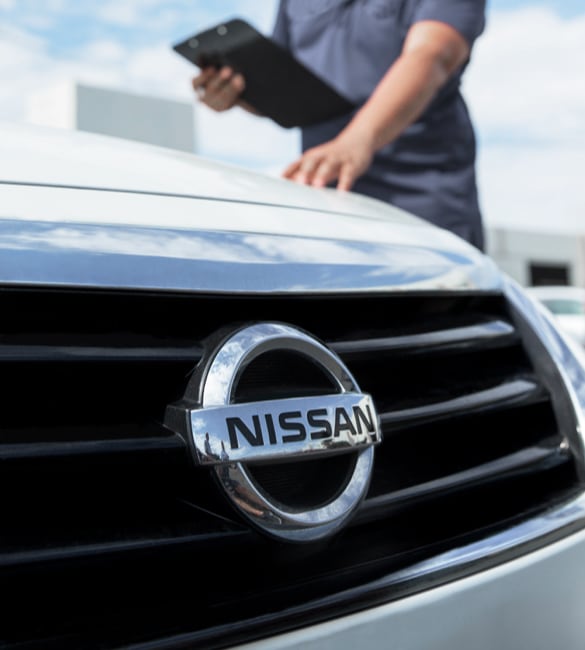
Buying a used fleet vehicle
Fleet vehicles may undergo more miles than the average personal vehicle, but often, due to their business and work purposes, they are well maintained. Whether you are buying for personal or business use, a former fleet vehicle could suit your needs. In order to figure out if a vehicle was previously used in a fleet, check out the prior history documents provided before you purchase.
